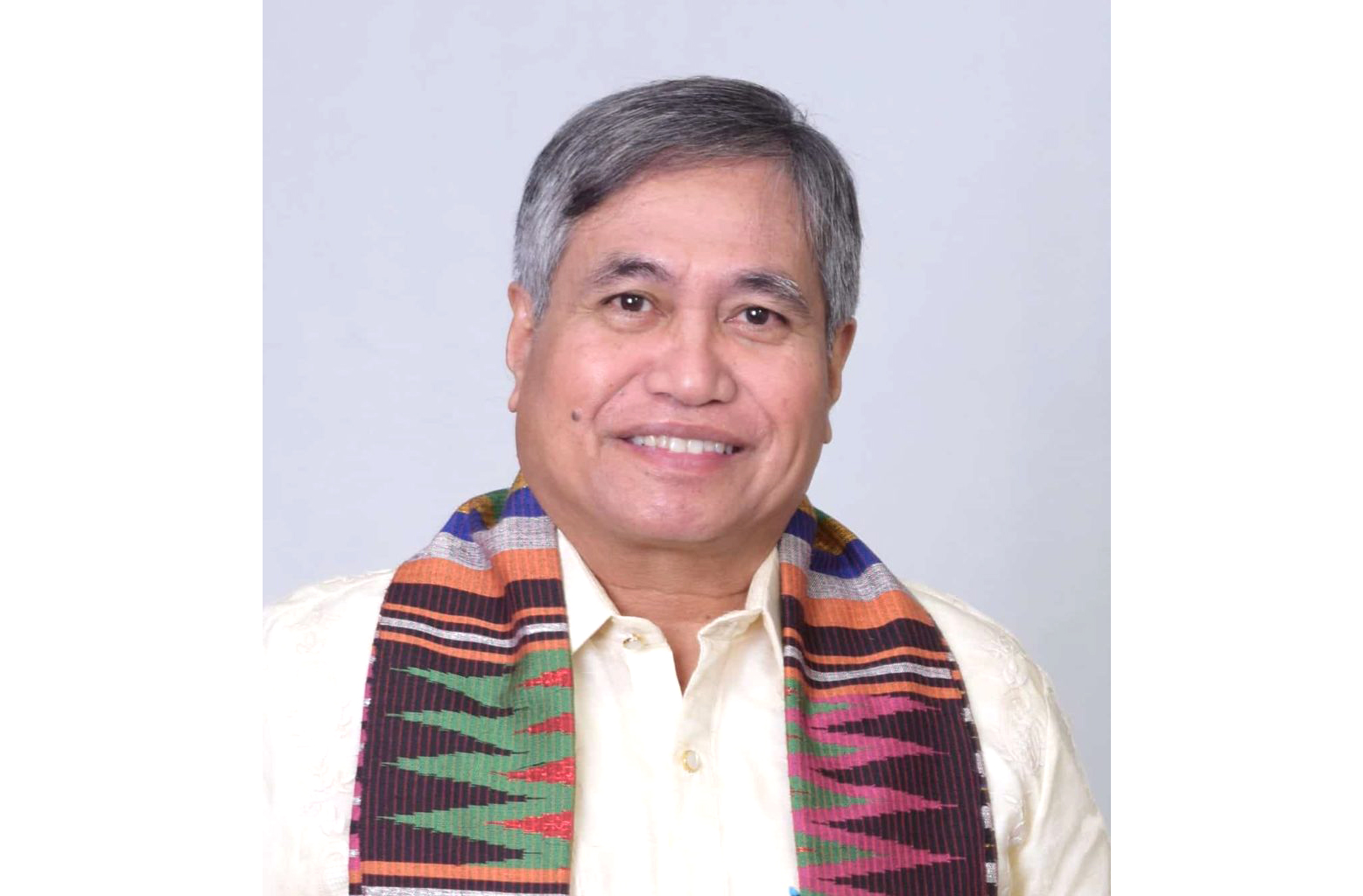FROM THE MARGINS

Namaskar! My wife and I were in India recently, for a week of activities arranged by the Ramon Magsaysay Award Foundation (RMAF) to commemorate the 66th anniversary of the Ramon Magsaysay Awards and the 75th year of Philippine-India Friendship. Many Filipino and Indian delegates participated in the events, which underscored the shared values of transformative leadership and selfless service that have deepened the bond between the two nations.
Philippine Ambassador to India, H.E. Josel Ignacio, welcomed us to the inaugural event held at the India Habitat Centre. This was the launching of the seven-volume book series, “Greatness of Spirit: Stories of Love, Courage, and Service,” which feature the stories of 300-plus Magsaysay Awardees from 1958-2023. RMAF Chairperson Cecilia “Cheche” Lazaro led the book-launch, with guests former Foreign Affairs Secretary Delia Domingo-Albert, former Ambassador Jose Cuisia Jr., Magsaysay Laureates from India and the Philippines, members of the diplomatic corps and development sector leaders.
Magsaysay laureates
RMAF’s initiative to promote knowledge exchange among Magsaysay Awardees across Asia deserves praise. Not only will it perpetuate the Laureates’ outstanding legacies, it also engages the academe, the diplomatic corps, the business community, and philanthropic organizations, encouraging their support for the Foundation’s campaign to develop a comprehensive Magsaysay Laureate Library and Museum. This is important since Magsaysay Awardees are living testaments to the impact of leadership that transcends borders. Their inspiring works resonate with principles of compassion, integrity, and a commitment to uplifting others.
I enjoyed the fireside chat that RMAF Trustee Ramon Del Rosario Jr. facilitated, with four Magsaysay Laureates from India: child rights activist Shantha Sinha, surgical oncologist Ravi Kannan R., social worker Neelima Mishra, and Goonj founder Anshu Gupta. Each of them shared how winning the prestigious Magsaysay Award enabled them to expand and impact more communities. CARD MRI had the same experience. So, the message of RMAF President Susan Afan about the importance of cooperation is important. We can amplify our impact and boost support for our causes by working with like-minded individuals and organizations.
Dalai Lama
My favorite part of the trip was the momentous gathering at the Dalai Lama’s residence in Dharamshala. We were fortunate to be blessed by the spiritual Tibetan leader, His Holiness Dalai Lama XIV, who is also a Magsaysay Laureate. He received the honor in 1959 at the age of 24, making him the youngest recipient in the award’s history. This award was the Dalai Lama’s first international recognition. Since then, he has received numerous honors, including the Nobel Peace Prize in 1989, in recognition of his non-violent struggle for the liberation of Tibet and his efforts to promote global peace and understanding.
We were all moved by this meeting. The Dalai Lama, Tenzin Gyatso, is a very inspiring figure. A symbol of peace and compassion, he has dedicated his life to promoting human rights, religious harmony, and the preservation of Tibetan culture and people. As former Ombudsman Conchita Carpio-Morales, also a Magsaysay Laureate, reflected later, “It was a sacred encounter, and I was blessed to receive his teachings on non-violence and to hold his hand.”
Aruna Roy, who received the Magsaysay Award in 2000, also shared that the Dalai Lama “has profoundly influenced my life, and guided by his teachings, I strive to serve those in need with love and compassion.”
Goonj non-profit
We also visited the non-profit organization Goonj, which was founded by Magsaysay Awardee Anshu Gupta. Goonj advocates using urban waste as a resource to address rural poverty and to bridge the gap between cities and villages in India. It channels the underutilized material in cities, particularly clothing and household goods, to be repurposed for use in rural communities.
Goonj’s key programs include:
- “Cloth for Work,” where rural communities receive clothing and other essential materials in exchange for contributing labor to community development projects such as building roads, wells, and schools.
- “School to School,” which addresses the educational needs of remote and slum schools by channeling the underutilized materials of city’s affluent schools.
- "Not Just a Piece of Cloth," a campaign to raise awareness about menstrual health and to provide affordable sanitary products from recycled cloth. This is important in rural areas in India where menstruation is often a taboo subject.
- “Rahat,” a disaster relief and rehabilitation program which repurposes urban waste to provide immediate relief materials, like clothes, blankets, and sanitary supplies during crises, while also supporting long-term rehabilitation through community-driven projects.
Goonj's model has garnered international recognition for its innovative approach to poverty alleviation and sustainability that benefited more than 18 million poor people in India.
My short trip to Delhi and Dharamsala will stay with me always. Each encounter with a Magsaysay Laureate is a testament that greatness is not in the grand gestures but in the quiet, steadfast work of lifting others toward building a better world for all.
* * *
“Love and compassion are necessities, not luxuries. Without them, humanity cannot survive.” — Dalai Lama
(Dr. Jaime Aristotle B. Alip is a poverty eradication advocate. He is the founder of the Center for Agriculture and Rural Development Mutually-Reinforcing Institutions (CARD MRI).)